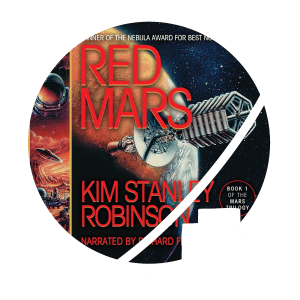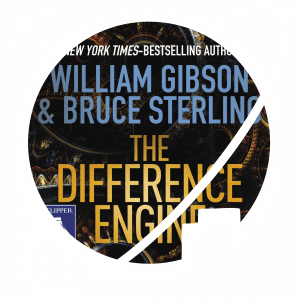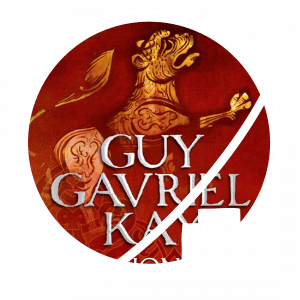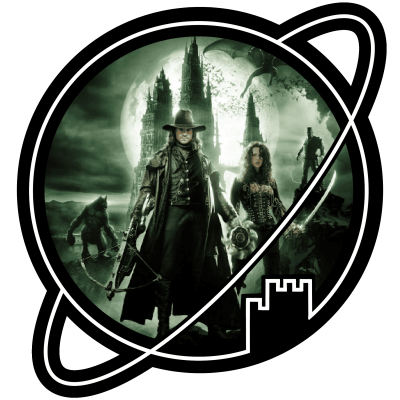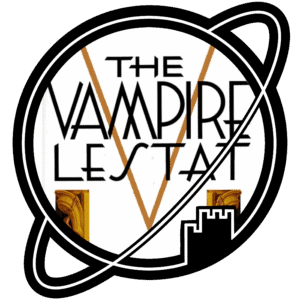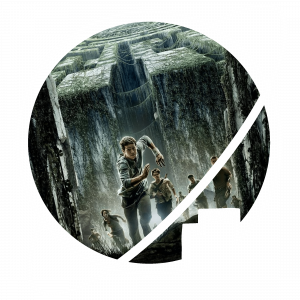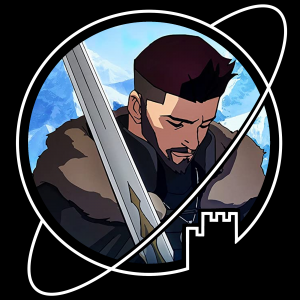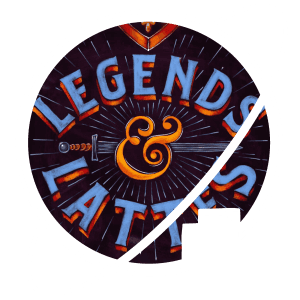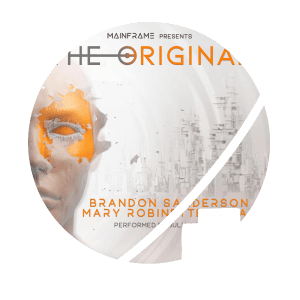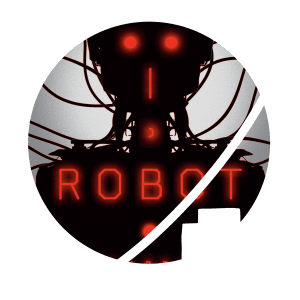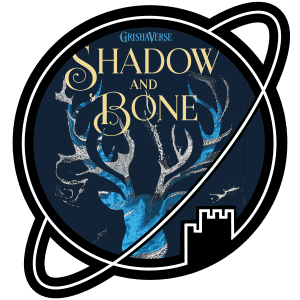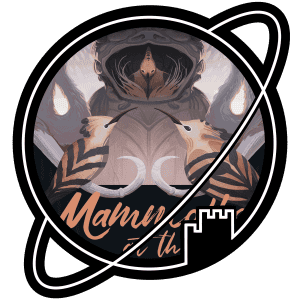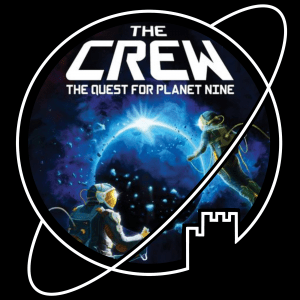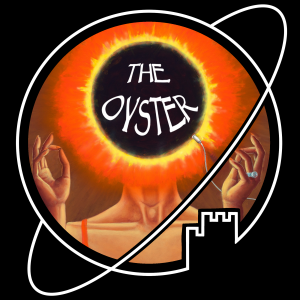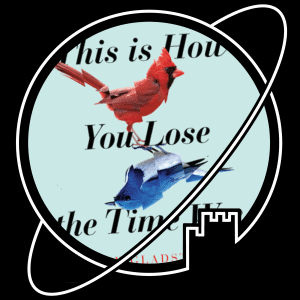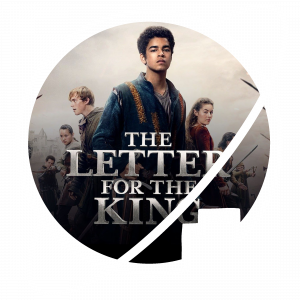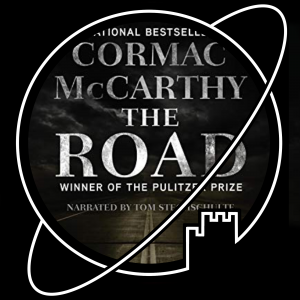Welcome to the Escape Velocity Collection!
We are an opinionated group of friends reviewing all sorts of fantasy and science fiction media. Don’t forget to get to know the curators and visit our curated Collection, where we discuss the stories that never cease to transport us to another world.
Will you escape with us?
LATEST POSTS:
- Novella written by Kim Stanley Robinson
- Published January 2002
- Standalone


The Years of Rice and Salt is certainly speculative, but it is also a little different from most speculative fiction that we review. We have labelled a number of the works we have reviewed ‘alternate history’, but most of those are masquerading as a fantasy world or have other speculative elements as well.
The Years of Rice and Salt is very pure alternative history in that it changes one historical circumstance – the lethality of the Black Death in Europe in the fourteenth century – and progresses history from there, in this case imagining a world ‘without’ Europe, in particular without the impact of European exploration, expansion and colonialism.
The big downside of an alternate history book that really wants to explore the impact of a single change over the centuries, is that it needs to describe those centuries and thus can’t follow the narrative of short-lived set of characters.
Robinson solves this problem by following a small cast of characters that reincarnate together into different societies at different times. They might not be the same people each time, but they share certain character traits and relationships and it allows for some semblance of continuity over a story that spans eight centuries.
Still, this is not a character-driven book but an exploration of what might be. The Years of Rice and Salt is very much a Kim Stanley Robinson book. It is dripping in research and laced with themes of the triumph of science, utopianism and rationalism. It is a book of ideas.
To be honest, that does show. The Years of Rice and Salt is well written, but it is slow going. It doesn’t suck you in the way more character-driven stories would. It relies on the reader’s curiosity to find out where history goes.
Still, some of the shorter stories that make up the book have some fun vignettes. For example, I liked the invention of the scientific method by a disgraced alchemist in Samarkand, and the accidental discovery of the Americas by drifting Chinese ships. It is these kinds of windows into what might have been that make a book like this so interesting. little windows into what might have been that make this book so interesting.
Overall, The Years of Rice and Salt is a tough book to get into. It takes commitment to get to the end and it won’t be for everyone. But I like Kim Stanley Robinson and his belief that scientist will usher us into utopia, so I enjoyed my time with it and I know many others will too.
Tagged:
See also:
- Movie directed by Stephen Sommers
- Starring Hugh Jackman, Kate Beckinsale, Richard Roxburgh, David Wenham and others
- Released in May, 2004
- Runtime: 131 minutes

Van Helsing… I don’t really adhere to the concept of ‘guilty pleasures’. Life’s too short to feel ashamed of things you like. However, if I had guilty pleasures, this movie would be one of them. The plot isn’t overly unique or complicated, yet at times still manages to clumsily deliver exposition. The story contains some heartfelt themes and scenes, but is paired with its fair share of truly campy writing and archetypal characters. The special effects of the many different monsters still hold up to this day, but this might not be said for other aspects of the movie… It’s a fun action movie, though, and a good homage to Gothic monsters.
It might mostly be the nostalgia talking – I was just a wee bairn when I first saw this movie, and was at the time enchanted by the fast-paced action scenes, the magic athmosphere and the melodramatic set pieces – but Van Helsing works because it’s authentic. Though the plot and the characters might have fallen flat in the wrong hands, actors like Hugh Jackman, Kate Beckinsale and Richard Roxburgh portray them with convincing fervour. Personally, I’m also still very pleased to see David Wenham in some very different role than that of a stoic man.
What does it mean to be alive? How do we decide on what is justice and what is not? These are some of the questions you may ask yourself while watching Van Helsing. Alternatively, you can just enjoy the werewolves and vampires on your screen and turn off your brain!
- Novel written by Heather Fawcett
- Published in February, 2025
- Part two of the Emily Wilde series
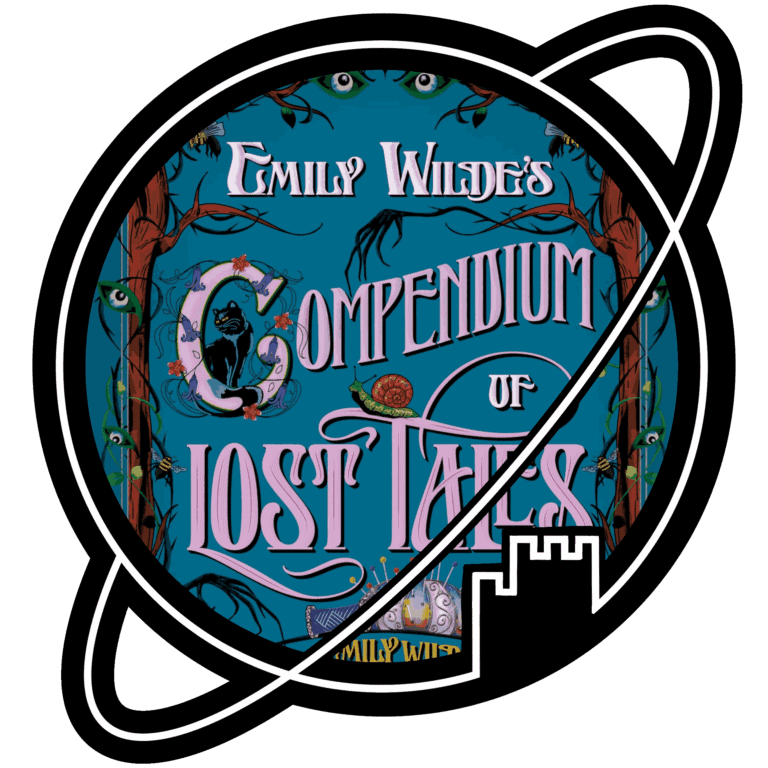

This is the third (and final?) entry in the Emily Wilde series. Finishing book two didn’t leave me, like, desperate to read the third, but I just don’t think that’s a reasonable expectation for a cosy fantasy series. This truly is one I read for the vibes.
I wasn’t obsessed with this book. Ultimately, I think the first book in the series was definitely the best.
Character wise, I wasn’t blown away. While I liked Emily as a protagonist in book one, I found myself not particularly caring for her at this point. I certainly didn’t hate her, I just felt very ambivalent about her. I also found myself enjoying Wendell a lot less this time around. There are some good side characters, but they are far and few between.
The plot once again isn’t super deep, but like I said in my reviews of the previous instalments, we’re not here for an elaborate plot. Nor do I want to nitpick about some other stuff that I didn’t really vibe with.*
Ultimately, that’s the saving grace of Emily Wilde’s Compendium of Lost Tales. It’s the third book in the series. We all know we’re mostly here for the cosy vibes. And on that count, the book delivers! Not quite as well as Encyclopedia of Faeries, but definitely enough to make this an overall enjoyable read.
*Yeah, I’ll say it. I’m tired of footnotes in fiction books. I also just finished Babel, and I don’t like it! If the information is relevant enough that I need to read it, put it in the text. If it’s not, then don’t! I keep reading these footnotes out of a sense of obligation. I GET that it makes sense for Emily as a character to include them because she’s an academic. But that doesn’t mean I want to read them.
Tagged:
See also:
- Novella written by Arkady Martine
- Published 8 November 2023
- Standalone


Listened to the audiobook with Raquel Beattie, going against my own advice to read Arkady Martine on paper. I think the narrator did fine, but this novella too is just better suited to paper than audio format.
I really liked the Teixcalaan Duology so I was excited when I found a novella by Martine on my audiobook app. Unfortunately, Rose/House didn’t really work for me.
I like Martine’s atmospheric writing style, even if it tends to be a little opaque and fuzzy around the edges. Reading the Teixcalaan Duology took some brain power, but it was well worth the reward.
Rose/House is written in a very similar style, but unlike Teixcalaan, it was mostly just confusing to me.
My feeling is that the problem is the type of book that Martine was writing. Rose/House is a cyberpunk noir. We’ve seen that before – Morgan’s Altered Carbon is probably the most obvious example – and the genre can work very well.
However, for me, a core requirement of a detective story is that the plot works.
I grew up reading Agatha Christie and watching Midsummer Murders. I do not mind a convoluted story – that’s part of the fun. But I do want the ‘oh, of course!’-moment at the resolution.
I won’t spoil Rose/House for you, but suffice to say that I didn’t have that feeling at the end of the novella. The focus on atmosphere and mystery in the writing style let down the actual mystery in the plot at the core of the detective story.
Moreover, because Rose/House is quite short, I never really got invested in any of the characters, though I do think they did have potential. But if the plot isn’t doing it and the characters don’t reel me in, the atmosphere Martine creates simply doesn’t carry the novella on its own.
I think A Memory Called Empire is one of the best sci-fi books of the past decade. So a slight miss in a novella won’t put me off reading the next thing Martine puts out. But it is interesting how a style that works great for one type of story is quite frankly detrimental to another.
It has been a while since Martine has put out a longer form work, so I am really curious to see what she is working one. You can be sure that I will review it on this website!
Tagged:
See also:
- Novel written by Leigh Bardugo
- Published on april 9, 2024


I picked this book up while trying to claw my way through Brandon Sanderson’s Mistborn series. I wanted to read something easy and fun. I’m not sure this book is necessarily intended to be “easy and fun”, but I finished it in three days, so it’s doing something right.
I liked the setting – it’s historical fantasy, though I’m sure Peter would absolutely hate this for whatever inaccuracies I didn’t personally spot.
I wasn’t super blown away by the main characters or by the side characters, to be honest. Valentina was probably my favourite, and definitely had the most character growth. Luzia and her love interest (whose name I’ve already forgotten, which probably is an indication of something…) are a little bit forgettable. Bardugo is certainly capable of writing “better” characters than this, but I sort of didn’t mind it, to be honest. The romance was fine as well. Once again, a little bit forgettable but not outright bad.
Overall, if you ask me anything about The Familiar in a year or two, I won’t be able to tell you a single thing. However, I found myself sitting back down to read a bit several times a day, so it’s a solid 3.5-star rating from me.
- Novella written by Ray Nayler
- Published 16 January 2024
- Standalone


Listened to the audiobook with Stefan Rudnicki and Gabrielle de Cuir. Fine narrators.
With the relatively recent news concerning the de-extinction of the dire wolf, I thought it would be fun to review a novella by Ray Nayler on the de-extinction of the woolly mammoth.
The Tusks of Extinction isn’t so much a fun story as it is a thoughtful one, with a literary style and themes. It is a science fiction story on paper, but I would argue that the story might be more about the threatening extinction of the elephant than it is about the de-extinction of the mammoth.
That is not unusual of course, many science fiction stories are meant to reflect on the present by presenting a possible future. But The Tusks of Extinction makes the link rather explicit by incorporating the experience of rangers protecting the last elephants into a story about the mammoths – in a very interesting way.
I don’t want to give away the ‘twist’ that happens early in the story, but The Tusks of Extinction personifies the mammoths in a very literal way. I will have to say that the twist made the start of the novella a little confusing – it does get cleared up, but after the first 30 minutes or so I thought I missed something so I rewound back to the beginning to double check.
Overall, the de-extinction angle of The Tusks of Extinction is a good hook, but the science fiction elements are honestly not that special. The novella is most worth reading for the little melancholy vignettes of the three main characters’ origins. I like how Nayler gives us an very neutral view of each of their lives and allows the reader to decide on their morality for themselves. I am not sure there are good guys or bad guys in The Tusks of Extinction – but I did like asking myself that question.

Review: The Years of Rice and Salt – Kim Stanley Robinson
When the Black Death hits Europe, it isn’t just devastating, it flat out depopulates the continent. The world moves on. Without Europe, who will ‘discover’ the Americas and develop modern science? Who will repopulate empty Europe? Will humanity make the same mistakes it did under European hegemony? Nobody knows, but Kim Stanley Robinson is speculating and he is taking us with him.

Review: Van Helsing – Stephen Sommers
Van Helsing is a monster hunter with no memories of his early life. His current days are determined by the jobs the Church assigns to him, thankless jobs that most often leave him hated or feared by the general public. Van Helsing’s latest quarry requires him to travel to Transylvania to deal with the infamous vampire lord Dracula, in order to save the souls of a pious family. In these dark lands, he discovers a greater plot is in the works, something that might even relate to his own unknown history…

Review: Emily Wilde’s Compendium of Lost Tales – Heather Fawcett
Emily Wilde is a researcher specialising in dryadology, the study of faeries. Having previously managed to escape a faerie realm by tricking their king, she now finds herself facing a new conundrum entirely: finding her place in the realm of the faerie king she loves, and helping him defend his home.

Review: Rose/House – Arkady Martine
Rose/House is an AI, a smart home governed by an artificial intelligence. When its designer died, he left specific instructions that only one particular person be allowed to visit Rose/House, up to 7 days a year. But when the local police precinct receives a mandatory duty of care call from Rose/House informing them of a dead body on the premises, that one person allowed to visit is half the world away. This raises two questions: who is the murderer, and who is the victim?
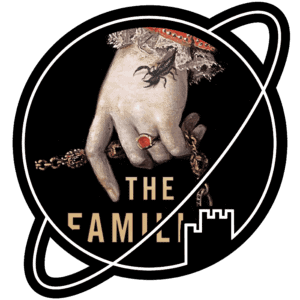
Review: The Familiar – Leigh Bardugo
Hidden away in the kitchen of her not-quite-rich employer’s house, scullery maid Luzia is hiding a gift that could have her burned at the stake by the Inquisition. When her mistress finds out and starts parading her around to gain favour with the wealthy elite, Luzia suddenly finds herself entangled in a dangerous web of magic, power and love.
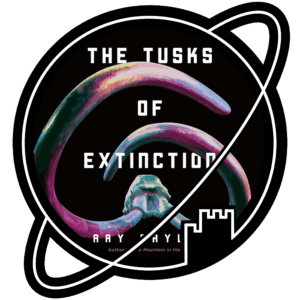
Review: The Tusks of Extinction – Ray Nayler
In the near future, the de-extinction of the woolly mammoth has been successful. Groups of the great beasts now roam the tundra. Not only must they learn to survive in the wild without the generational experience of the ancient herds, but they are also threatened by the hunters and tusk poachers that led to the extinction of their cousins, the elephants. The Tusks of Extinction follows a hunter, a poacher and a mammoth and their interconnected story on the tundra.









